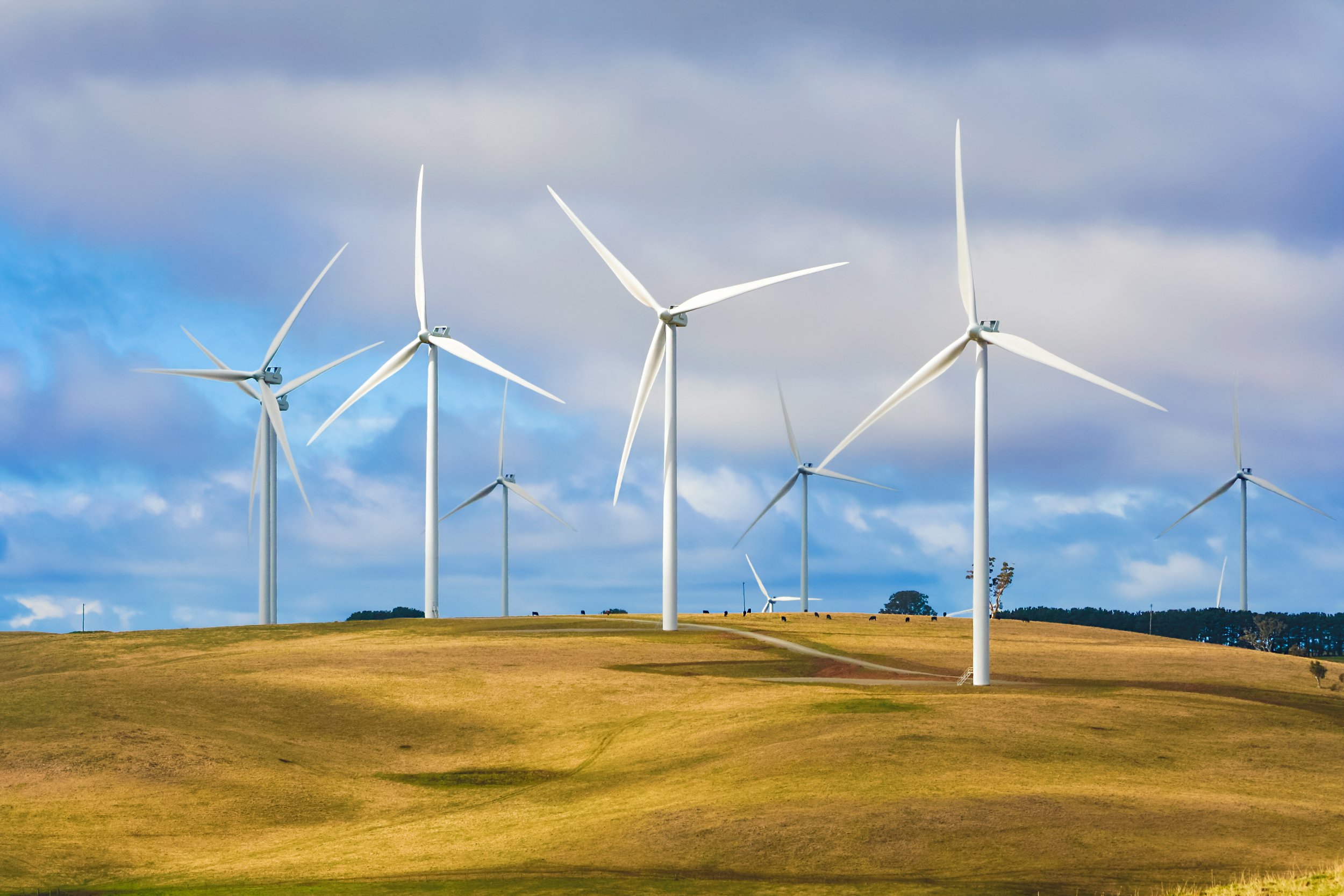
Climate change is a global emergency. The science shows that if we want to avert the worst impacts of climate change and preserve a liveable planet, then we must limit global warming to no more than 1.5°C above pre-industrial levels. Under the Paris Agreement, Australia must reduce its emissions to 43% below 2005 levels by 2030 and reach net zero by 2050. In simple terms, net zero means achieving an overall balance between greenhouse gas emissions produced and those taken out of the atmosphere.
As part of its path towards net zero, the Australian Government is continuing to take steps to make Australia a renewable energy superpower. It’s Net Zero Plan covers all major parts of the economy. NSW has also committed to net zero emissions by 2050, with an objective of delivering a 70% cut in emissions by 2035 compared to 2005 levels.
As NSW – and Australia – strive towards a low-carbon economy, the development of clean technologies is critical. Clean Tech refers to innovative technologies that improve environmental sustainability but also offer compelling opportunities for economic growth. From renewable energy to circular supply chains, Clean Tech innovation will lead to lower emissions, a cleaner environment and power efficiencies.
Why smart sensing is part of the solution
Smart sensing can help to better understand our air, soil and water – and the impact humanity is having upon it. Better characterisation of industrial processes, from the extraction of raw materials to quality assurance of finished products will help minimise consumption of precious resources. Monitoring of the efficiencies gained by the deployment of renewable energy can provide companies and governments better insights for business optimisation and policymaking.
Smart sensing is leading to innovations in a broad number of fields relevant to net zero including emissions reduction, renewable energy, sustainable critical mineral extraction, hydrogen, recycling and the broader circular economy. Many traditional polluting industries are innovating for the better and Clean Tech innovation is being applied across a range of sectors including mining and resources, energy, transport and advanced manufacturing. Clean Tech innovation will deliver enhanced outcomes across the full economic, social and governance (ESG) spectrum, not only delivering better environmental outcomes but creating new jobs and positioning NSW and Australia as a leader in the net zero economy.
The NSSN Net Zero priority responds to the UN Sustainable Development Goals (SDGs):
With the support of the NSW Government, the NSSN is your one-stop shop for multi-disciplinary expertise and technology. Some of our existing Net Zero projects include:
Innovation in the circular economy
The NSSN, in collaboration with the HunterNet Cooperative and The Hunter Circular Economic Zone, delivered the highly successful Innovation in the Circular Economy conference in October 2022. This conference brought together 100 participants from across government, industry and universities to discuss the advancement of the circular economy in Australia. One direct outcome from this conference was the award of a substantial grant under the NSW Government Business Case and Strategy Development Fund to fund the Circular Precincts and Futures Hub project. This project aims to deliver an industry development plan, sector analysis and a feasibility assessment for several multi-element circular economy precincts.
Following this event, the NSSN hosted a co-design workshop in Newcastle in 2023 which aimed to better understand the barriers and opportunities to introducing circularity to the textile waste generated by hospitals. This well-attended event brought industry together with researchers to discuss potential sensing projects in the circular economy.
Better polymer recycling
In 2022, Australia was shocked by the failure of a major soft plastics recycling scheme, with thousands of tonnes of soft plastic, intended for reuse, now facing landfill. Such failures undermine public confidence in recycling practices at a time when government policy is pushing for increased recycling. Our universities hold technology solutions that mean this sort of thing is a failure of policy and governance, not a failure of science.
The Increased Recycling of Plastics by Sensing and Treating Label Contamination project coordinated by the NSSN and industry partners, demonstrated a multi-faceted approach to a polymer processing problem. Working collaboratively, researchers at the University of Sydney solved basic chemistry problems, UNSW researchers demonstrated factory scale-up, and UTS showed the materials flows in the broader circular economy.
Improving our water
The Office of the NSW Chief Scientist and Engineer Water Purification Challenge supported an NSSN-led project for better removal of microplastics from water, particularly in the hospital wastewater stream. Researchers at the University of Sydney, working with industry partner, PEGRAS, conducted a successful feasibility study to develop a system that uses a modified high-density coagulant for microplastic separation. The project was successful in progressing to Stage 2 of the NSW Small Business Innovation & Research Program to deliver a proof-of-concept. This led to the development of the world's first scalable microfibre removal system from industrial laundry wastewater in 2023.
Working with the NSSN simplifies the process of engaging with universities by creating a one-stop shop for the leading research-intensive universities across NSW & the ACT, providing access to cutting-edge facilities and world-class researchers.
To find out how the NSSN can help solve your Net Zero challenges, please contact Rupa Patnaik at admin@nssn.org.au.















